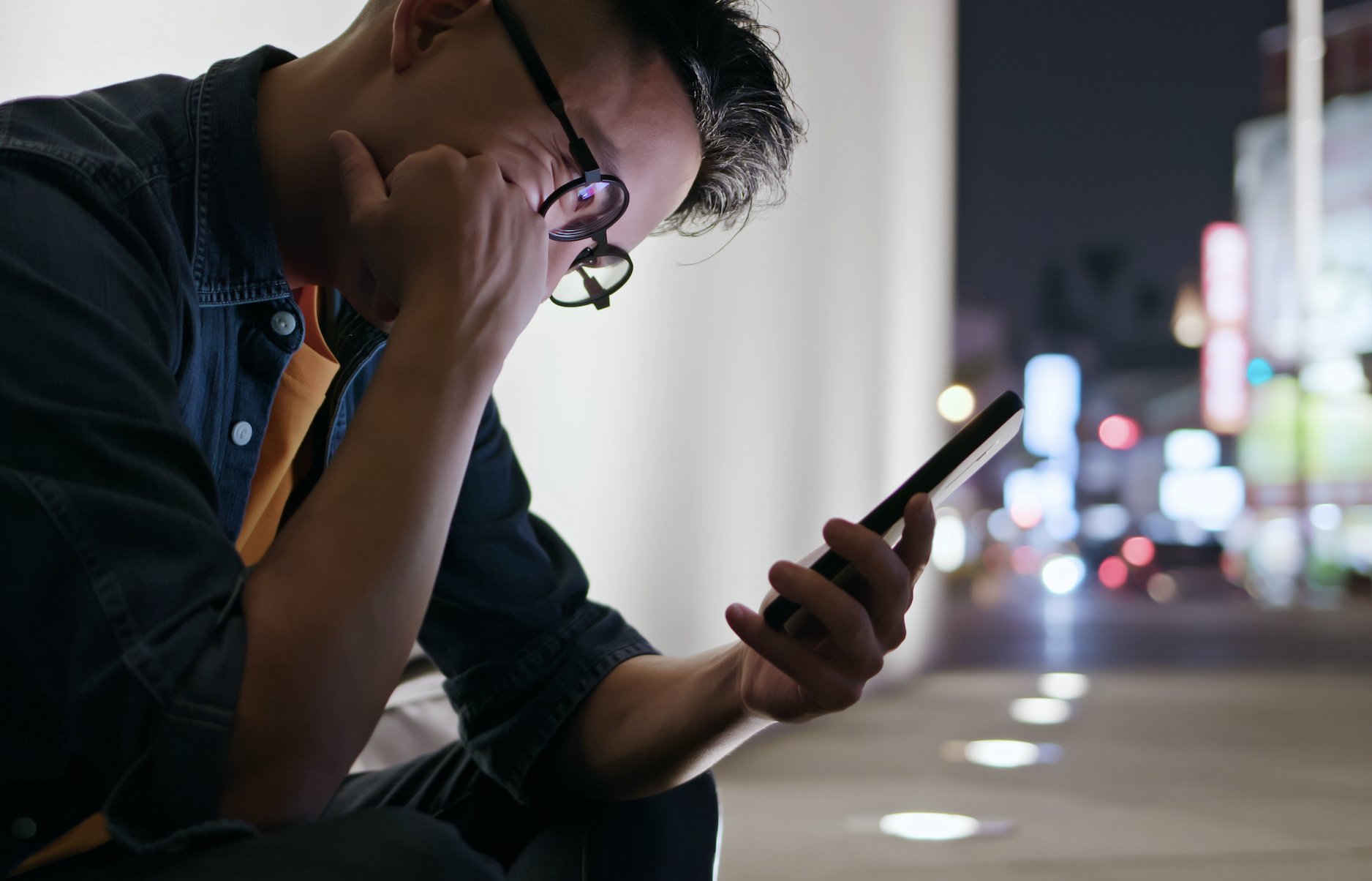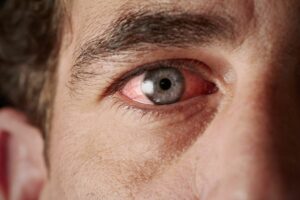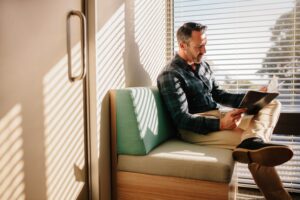Have you ever eaten too much of an marijuana-infused brownie and had a really bad trip? Many of us have had one of these unfortunate experiences; we eat the whole edible, leading to a 6 hour long paranoid-anxious freakout. Minutes can feel like hours, your eyes are wide as saucers, and your mouth feels like paste as you try to rock yourself to sleep in a dark room.
Having a Bad Trip is Bad News
Maureen Dowd, the well-known NY Times columnist, wrote of her experience with a pot-laced brownie while visiting Colorado during the initial hay day of marijuana legalization. She took a nibble of the brownie and then a bit more, and before she knew it, she was alone and stoned; incapacitated in her hotel room. She wrote about her experience in "Don’t Harsh Our Mellow, Dude", in The New York Times (to much acclaim). After Dowd finished her brownie, the story goes like this:
"I lay curled up in a hallucinatory state for the next eight hours. I was thirsty but couldn’t move to get water. Or even turn off the lights. I was panting and paranoid, sure that when the room-service waiter knocked and I didn’t answer, he’d call the police and have me arrested for being unable to handle my candy."
Let’s face it; whether you consume cannabis, magic mushrooms (psilocybin), or any other hallucinogenic drug, there’s a possibility of things going sideways. Just some of the (many) ways things may go pear-shaped:
- Without proper education, you can consume too much and become overwhelmed which may result in a bad trip
- You may be in the wrong location (setting) with the wrong people (set) and begin to feel anxious or paranoid
- Maybe you’ve had a great experience but feel isolated afterward and need someone to talk to
The bottom line, many psychedelic/psychotropic experiences go off the rails when you feel alone, disconnected, or fearful. There is good news. Fireside Project, a new psychedelic peer support line, is out to change all of that.
What is a Psychedelic Peer Support Line?
Fireside’s mission is to "help people minimize the risks and fulfill the potential of their psychedelic experiences". Through a free, emotional peer support line, you are one phone call (or text) away from receiving support before and during a trip (whether it be "bad" or "good"). You may also want to receive integration support after having a psychedelic/psychotropic experience.
Fireside’s Founder, (a former lawyer turned psychedelic advocate), Joshua White, says "We started Fireside Project because we want to make sure that no one ever has to feel alone with a psychedelic experience. We see Fireside Project as a glowing mycelial web of connection and understanding that will start in the United States and eventually embrace the whole world."

Fireside Project aims to provide compassionate and culturally responsible peer support while helping to educate the public. Through providing free and confidential support to those in need, they create a culture of belonging through compassionate, non-judgement, and transparent communication.
Is Cannabis a Psychedelic?
Well, technically, cannabis is not a psychedelic. Psychedelic drugs are typically classified as those that produce hallucinations or an apparent expansion of consciousness. Marijuana is a psychotropic, meaning it has psychoactive qualities due to its THC content.
However, many psychiatrists and mental health professionals believe cannabis effects can be psychedelic in nature. Increasingly, as the THC content goes up in cannabis and people have more access, there is a higher likelihood that people may need support before, during, or after a cannabis experience. For many people, the psychoactive element of THC, can also be extremely disorienting. Patients using THC may find themselves feeling confused or unable to think clearly.
Joshua agrees with this saying, "Fireside Project welcomes people who are having psychedelic experiences of all kinds. Cannabis experiences can definitely be psychedelic, and we are honored to provide support for those types of experiences as well."
What Happens If You Call Fireside?
Well, it depends on who you are and why you’re calling. Fireside was created to helps people tripping in the moment, and people wanting to talk about past trips, aka ‘integration’ talk. That said, you don’t need to be having a bad trip, maybe you just need some emotional support from someone creating a ‘safe space’.
When you call Fireside it is completely confidential, you don’t even need to tell them your name. The person on the other side of the line is for emotional support only, they are not doctors or therapists. Rather, think about that person like you would a trusted friend. Fireside is not to be used in lieu of medical care and is not a medical screening service. So, if you believe you are having a medical emergency or are suicidal, call your local crisis hotline or 911.
When appropriate Fireside may refer you to sources of information, but it’s up to you whether you rely on that information. Fireside is available only in the United States at the moment but hopes to expand service to other countries. If you like your Fireside conversation, you can call back as many times as you like, but you will most likely speak to different people.
The Future of the Fireside Project
Fireside Project launched in April of 2021 and has quickly entered into a research partnership with UCSF. The hope is to learn from the psychedelic experiences of community members, then share the lessons learned.
The study with UCSF researchers explores whether the support line is an effective risk reduction tool. People who use the peer support line are sent an anonymous survey 24-hours after the initial call. So far, callers have indicated that Fireside has helped them overcome various challenges.
Fireside is available Thursday to Sunday, from 3:00 p.m. to 3:00 a.m. PST and Monday from 3:00 p.m. to 7:00 p.m. PST. The line will eventually be open 24 hours a day, seven days a week. If you are interested in supporting Fireside with a tax free donation, they welcome your support.
Call Fireside Project: 623-473-7433 OR 6-2FIRESIDE






